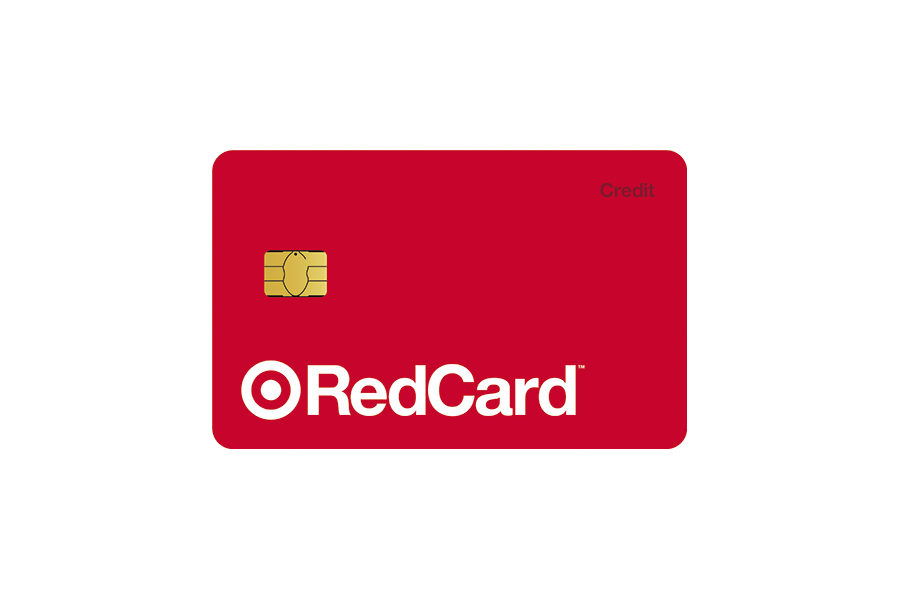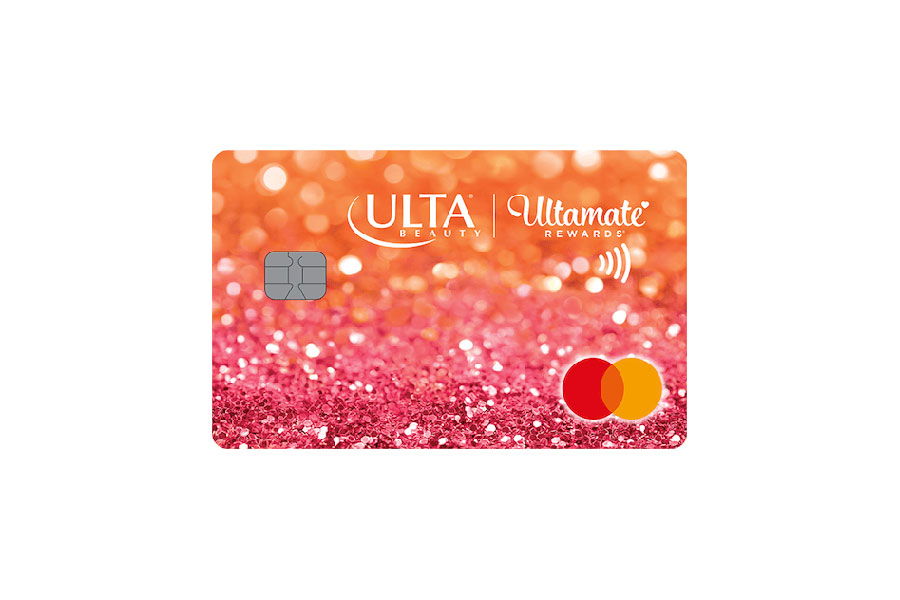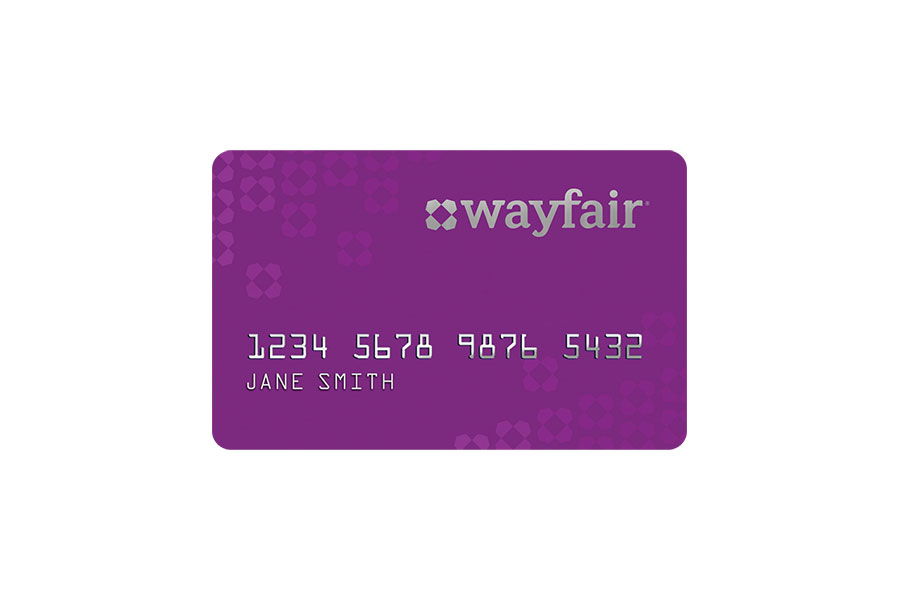The Target REDcard offers shoppers exclusive discounts, special promotions, and additional perks when shopping at Target stores and online. If you’re thinking about applying, it’s helpful to know what credit score is required and what other factors Target considers in the approval process.
Taking steps to improve your credit and strengthen your financial profile can increase your chances of qualifying and help you secure better terms.

Credit Score Requirements for the Target REDcard
A credit score of at least 620 is generally recommended for the Target REDcard. While some applicants may be approved with slightly lower scores, approval is not guaranteed. Target also evaluates other financial factors, including your income, debt-to-income ratio, and recent credit activity. A strong credit profile, along with responsible credit use, can improve your odds of qualifying.
Important Factors for Target REDcard Credit Card Approval
While your credit score plays a significant role in your credit card application, it’s not the only factor that Target takes into account. Other considerations include:
- Income: Your income helps credit card issuers determine your ability to pay back your debt. A stable, higher income may improve your chances of approval.
- Debt-to-income ratio: This ratio compares your total debt to your income. A lower debt-to-income ratio signals to lenders that you are financially responsible and more likely to repay your debts.
- Negative items on your credit report: Any negative information on your credit report, such as late payments, collections, or bankruptcies, can hurt your chances of getting approved for a credit card. You may want to work on addressing these issues before applying.
Boosting Your Approval Odds for the Target REDcard
To increase your chances of getting approved for the Target REDcard, follow these steps:
- Review your credit report: Obtain a copy of your credit report from the three major credit bureaus—Equifax, Experian, and TransUnion. Review the reports for any errors or discrepancies that may negatively impact your credit score.
- Improve your credit utilization: Keep your credit utilization low by paying off your balances and not maxing out your credit cards. Aim for a utilization rate of 30% or lower to show lenders that you’re using credit responsibly.
- Limit credit inquiries: Refrain from applying for multiple credit cards or loans within a short period, as this can lower your credit score and signal to lenders that you’re a high-risk borrower.
- Make timely payments: Pay all your bills on time, as payment history is one of the most important factors in determining your credit score.
Fixing Credit Issues Before Applying
If your credit score isn’t where you want it to be, addressing negative marks on your credit report, paying down existing debt, and making consistent on-time payments can help raise your score over time.
For those who need extra support, professional credit repair services may be an option. Credit Saint specializes in disputing and potentially removing negative items such as late payments, collections, and charge-offs. Visit their website for a free credit consultation and explore how they may help improve your credit standing.



